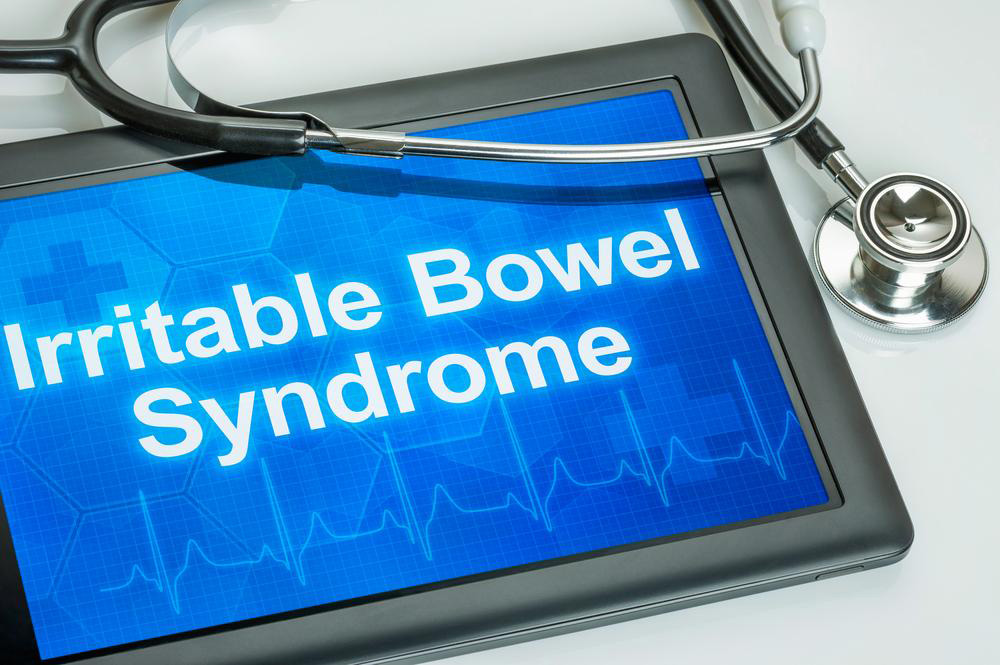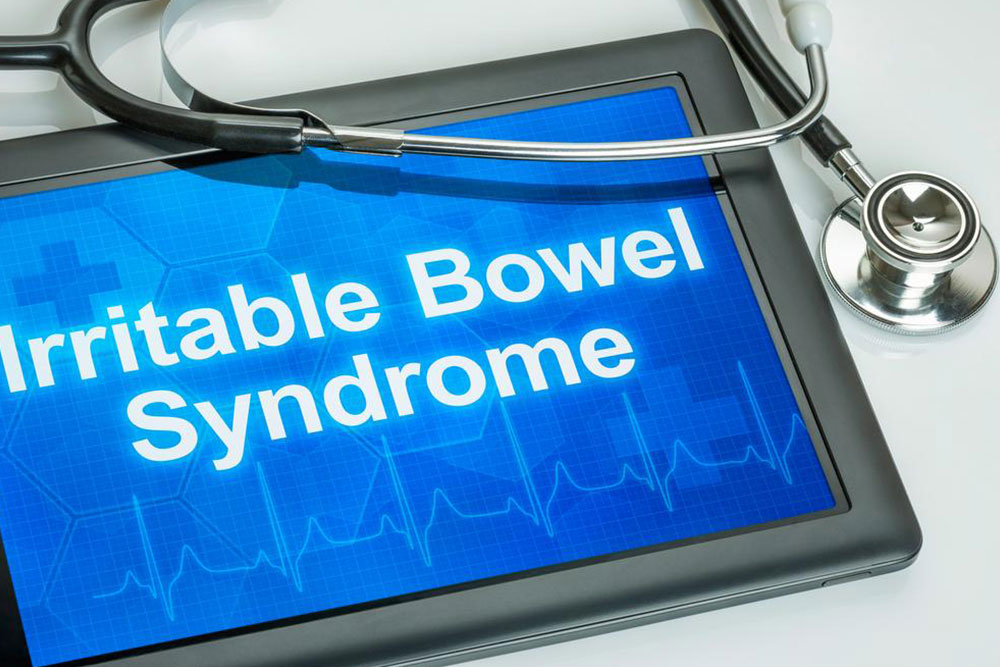Everything You Need to Know About Irritable Bowel Syndrome Symptoms
Irritable Bowel Syndrome or IBS is a chronic medical disorder that affects the large intestine. Even though IBS is common, most people never go to a doctor because of the mild symptoms. Here is everything you need to know about Irritable Bowel Syndrome symptoms.
Irritable Bowel Syndrome is a gastrointestinal disorder that is caused by irregular movements of your intestines. It is estimated that around 1 in every 10 people suffers from IBS, all over the world.

Although the exact cause of IBS is not known, it is possible that the cause is different for different individuals. Some people with IBS may have sensitive intestines, while others may have problems digesting specific foods. Certain foods, some antibiotics, stress, and hormonal changes may trigger pain and other Irritable Bowel Syndrome symptoms in some people. The doctors generally diagnose most cases of IBS by asking about your medical history and conducting a physical exam. Only in some rare cases, other diagnostic tests such as blood tests, colonoscopy, and stool analysis, may need to be used.
As it is quite unclear what causes IBS, the treatment plan mainly focuses on relieving your Irritable Bowel Syndrome symptoms so that your quality of life is not greatly reduced. You can effectively manage the mild symptoms by making certain dietary modifications, lifestyle changes, and learning to manage the stress. When the Irritable Bowel Syndrome symptoms are severe, your doctor may prescribe medications like anti-diarrheal medicines, antibiotics, antidepressants, fiber supplements, and antispasmodic medicines.
Irritable Bowel Syndrome Symptoms
Typically, the Irritable Bowel Syndrome symptoms are worse after a meal and tend to occur in episodes. In some cases, these symptoms can be triggered by something you have had to drink or eat. Some of the most common Irritable Bowel Syndrome symptoms are:
- Changes in your bowel movement patterns
- Abdominal cramping and stomach pain, which subsides after passing stools
- Bloating of your stomach
- Passing mucus in your stools
- Excessive wind (flatulence)
- A feeling that you have not emptied your bowels even after going to the toilet
- An urgent need to rush to the toilet
Bowel Movement Patterns
When you are suffering from IBS, your bowel movement patterns may change over a period of time. There is a chance that two or more of the following may occur:
- The size and consistency of your bowel movements may change. They may be watery and loose, thin as a pencil, or hard and small.
- You may feel bloated or have gas in your intestines.
- You may experience either more bowel movements than usual (diarrhea) or less than usual (constipation).
- The way you pass your stools may also change. You may feel that you haven’t emptied your bowels, or feel an urgent need to go to the toilet, or you may feel strain.
Some cases of IBS are characterized by pain in your lower belly accompanied by constipation, which may be followed by diarrhea. There are some people who report having the pain along with mild constipation, but no diarrhea. There are others who report passage of mucus in stools as well as intestinal gas.
Other Irritable Bowel Syndrome Symptoms
There are certain other Irritable Bowel Syndrome symptoms that do not affect your intestines. These include sleep problems, backache, headache, depression or anxiety, fatigue, heart palpitations, sexual problems like reduced sex drive and pain during sexual intercourse, urinary symptoms, and an unpleasant taste in your mouth.
When you have IBS, you tend to suffer for a longer period of time because the Irritable Bowel Syndrome symptoms are quite similar to those of other medical disorders, and misdiagnosis is a very real possibility. However, it is recommended that you visit the doctor immediately if you experience the Irritable Bowel Syndrome symptoms mentioned above for more than a couple of weeks. The first step towards helping you manage the symptoms of this disorder is to get a quick and accurate diagnosis. An earlier diagnosis also ensures that you do not suffer from any complications associated with IBS like chronic diarrhea. Being aware of the Irritable Bowel Syndrome symptoms will not only help you in identifying IBS, but will also help you distinguish it from the other medical disorders.




